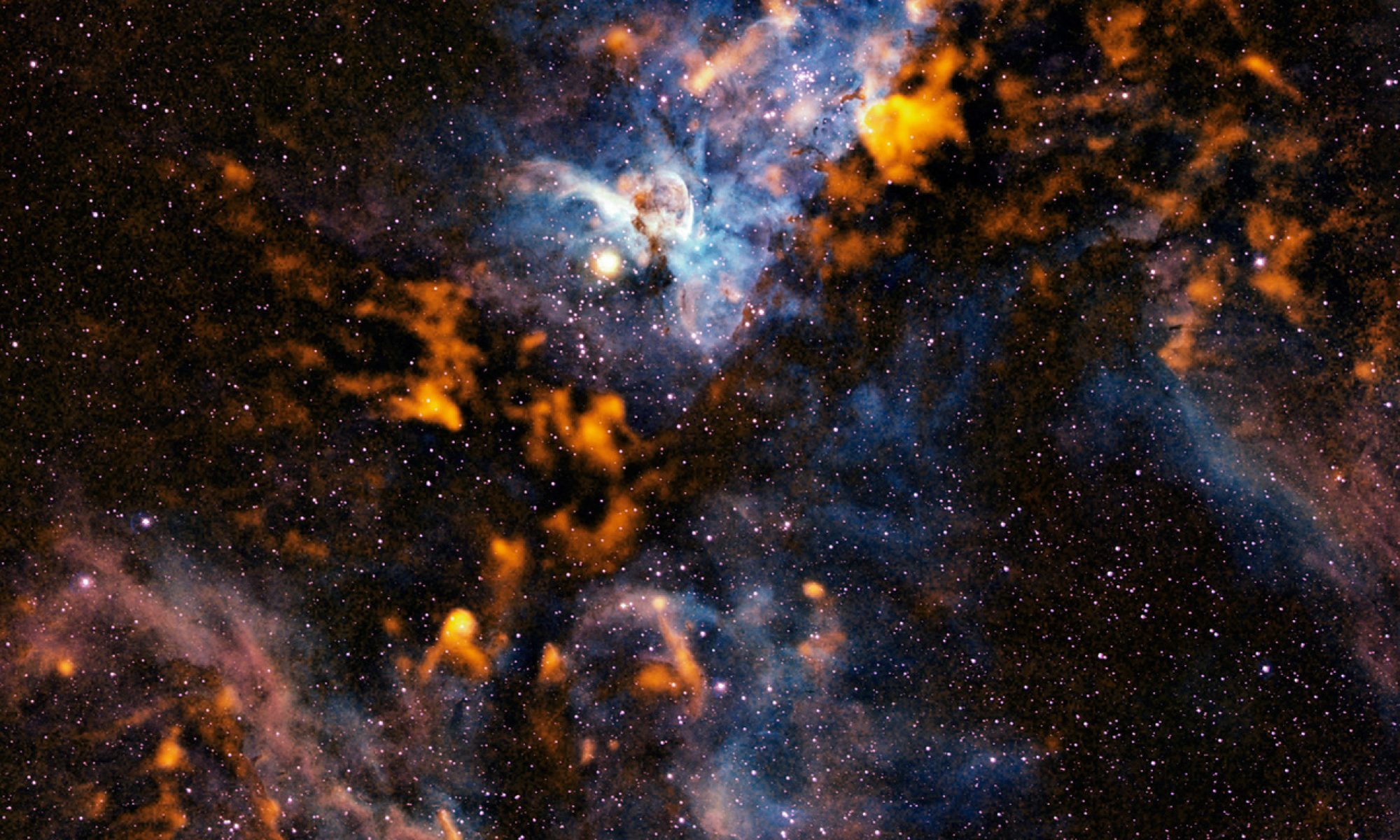The Unified Astronomy Thesaurus (UAT) is an open and interoperable thesaurus that welcomes community support and input. Now in its eleventh year, 2024 was a momentous year for the UAT.
In March 2024 the Wolbach Library at the Center for Astrophysics was closed and its staff was laid off. This included the interim Head Librarian, Katie Frey, who was instrumental in the early and continuing development and curation of the UAT. The suddenness of the closing meant that the UAT Steering Committee had to scramble to find a new home for the UAT and a way to retain Katie’s 10+ years of institutional knowledge. Fortunately, the UAT is now hosted by the Astrophysics Data System (ADS) / Science Explorer (SciX) team, and Katie has agreed to continue supporting the UAT on a contract basis through the end of the year.
The sudden Wolbach closure was an impetus for a major restructuring of the UAT committee to provide more formal governance and support. The AAS Board of Trustees approved the formation of the Working Group on the Unified – Astronomy Thesaurus at the June 2024 Board meeting. Like the former Steering Committee, the Working Group directive is to manage, maintain, and improve the UAT. However, its elevation to a formal Working Group should bring more visibility within the AAS to its work.The listing of the members of the working group is available on the UAT website.
In January 2023, ADS had a pilot project to use machine learning techniques to assign UAT keywords to the scholarly literature. What began as a student project has grown into a professional development effort led by Felix Grezes, ADS Machine Learning and Natural Language Processing Specialist. The Working Group will be validating the output of his algorithm during the last quarter of this year. When implemented, the algorithm will generate a consistent set of keywords for all of the scholarly literature indexed by ADS for which ADS has abstracts. A consistent, structured keyword system across the disciplines of astronomy, planetary science, and heliophysics will improve the findability of research. Furthermore, the linking of formal concepts across keyword systems facilitates cross-disciplinary discovery as each scientist searches for information using the language of her or his discipline.
The latest version of the UAT, v5.1.0, was released on 20 June 2024. It has 2275 concepts, 11 top concepts, a depth of 11 levels, with 692 related concept links. We anticipate that the next version will be released in July 2025. This version will have expanded Heliophysics concepts, which will broaden the UAT reach beyond astronomy and astrophysics.
Finally, the UAT Working Group would like to thank Julie Steffen for her many years of service in the UAT governance and wish her well in her retirement. We are grateful that she prioritized establishing a firm foundation for the future of the UAT even as she prepared for the next phase of her own life. She was an energetic and capable Chief Publishing Officer for the AAS journals and saw the benefits that the UAT could provide across publishing houses.

